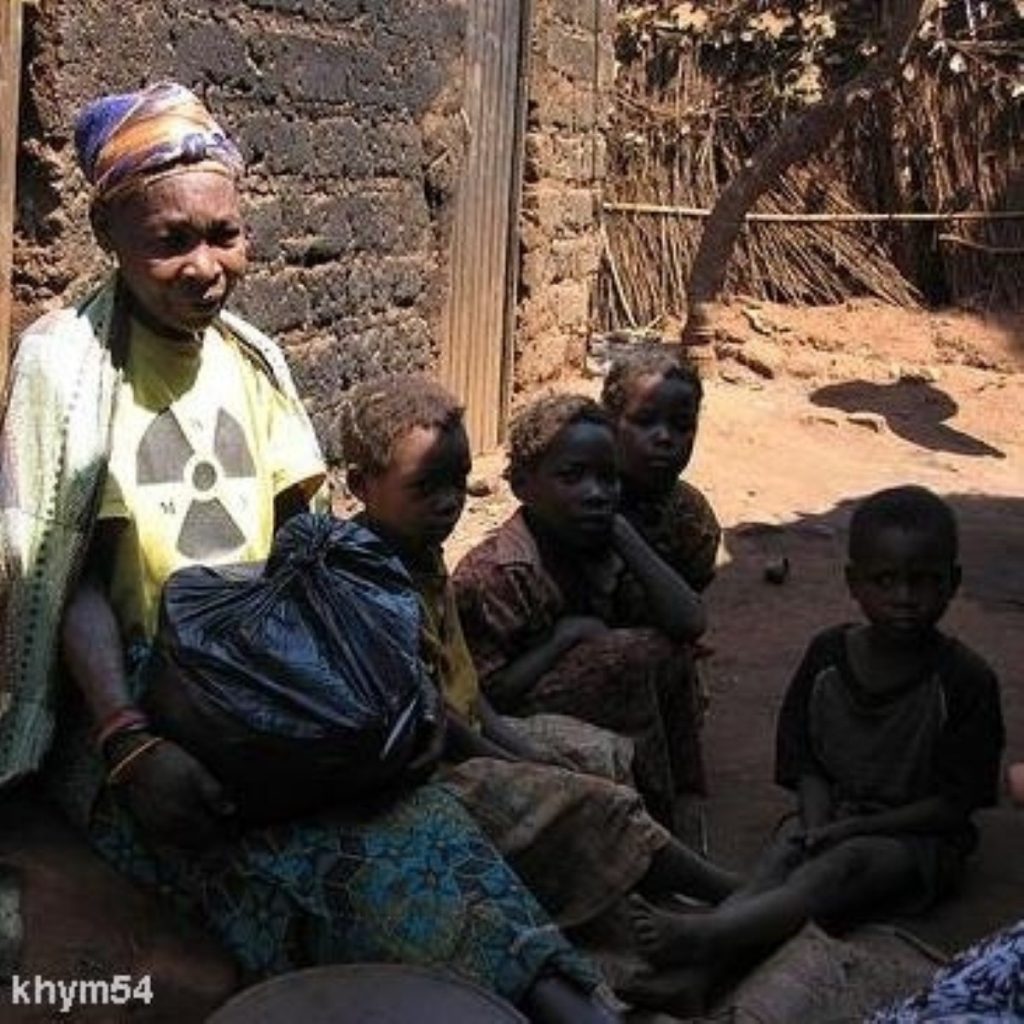Global poverty pushed up agenda
An attempt to send global poverty up the agenda for the forthcoming general election campaign has got underway in St Paul’s Cathedral.
International development secretary Douglas Alexander backed the Global Poverty Project’s ‘1.4 billion Reasons’ presentation which was shown to an audience of nearly 1,000 people in central London.
The event seeks to give members of the public advice on how to end extreme poverty and provides practical ways individuals can help.


“Let’s stand on the shoulders of giants and follow in the footsteps of those people who opposed slavery and those who marched for civil rights,” Mr Alexander said.
“Let’s resolve to be the change we want to see in the world.”
The Global Poverty project’s chief executive, Hugh Evans, told politics.co.uk that he believed small changes could make a big difference.
Hugh Evans on the Global Poverty project’s work:
A recent decision by Cadbury to extend fair trade across Australia, New Zealand and Canada, for example, has improved the livelihoods of 40,000 farmers in Ghana.
“Simple consumer habits that you and I make on a daily basis can make an enormous impact,” he said.
Mr Evans insisted that he was keen on encouraging Britain’s political parties to commit to international development issues – including their goal of providing 0.7 per cent of gross national income to aid projects by 2015.
But he explained his focus had shifted to the longer term after admitting public enthusiasm seen during the Make Poverty History campaign had not led to sweeping changes.
“That strategy was based on short-term public excitement,” he added. “We want to create a more sustainable base of supporters who we can influence in marginal electorates right across the country and right around the world.”
The Global Poverty Project is deliberately seeking to harness the communitarian powers of Britain’s religions to drive the campaign.
St Paul’s Cathedral’s chancellor, Canon Giles Fraser, said he backed the 1.4 Billion Reasons presentation because it offered help to better equip individuals to respond to the poverty crisis.
“We live in a world where some people receive millions of pounds of bonuses, and others starve,” he said.
“It is a moral disgrace and this event is a stand against this great injustice.”
Mr Evans added: “There is an important role for faith in social movements, particularly because all the major religions agree on this common tenet – ‘love thy neighbour.
“That’s a very uniting force.”
According to the Global Poverty Project one in seven people are going hungry, despite the fact there is enough food to feed the global population. Around the world 1.4 billion people live in extreme poverty – the equivalent of living in the United States off just $1.25 a day.

